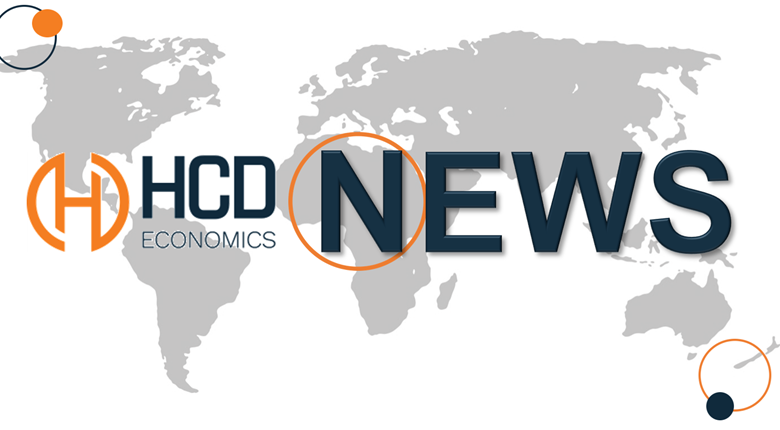
Treatment advances inevitably impact on health care costs leading to increased need for reliable and objective data which can be drawn upon when compiling evidence to support decisions by National bodies leading to appropriate treatment and consequently appropriate budgetary allocation.
Economic models are essential source of decision making data, particularly when seeking to validate and describe the relative cost-effectiveness of alternative Haemophilia treatment regimens/classes. In recognition of the demand for objective cost-effectiveness evidence, the Haemophilia research team at HCD Economics has designed the protocol for a new study, to elicit health state utility values (HSUV) associated with haemophilia acute and chronic outcomes. The study is intended to be a multi-sponsor project and research partners are being sought at this time.
The study will employ the time trade off (TTO) methodology, and data will be drawn from multiple countries. The HSUVs will be used to populate relative cost-effectiveness health economic models. In addition the data drawn from the study may be used as descriptive real world observations to highlight the unmet need in the haemophilia community in the United States and Europe.
The TTO will be carried out in the general population which will allow a valuation of developed health states from the perspective of society as a whole, devoid of any bias that might derive from having the condition itself which as demonstrated by the recent research published by HCD Economics to explain the haemophilia disability paradox, significantly impacts the ability of generic HRQoL measures to capture the true impact of haemophilia.
To overcome the problem that a general population cannot be expected to be informed about what the lived experience of the haemophilia population is, in terms of living with the disease, the methodology will develop outcome-based health states with events/outcomes that are easily understood by the general population such as acute and chronic pain, movement restrictions etc. In this way the study will derive accurate measurement of utility valuations.
For more information on the proposed design and study time line please contact Enrico Ferri Grazzi (enrico.ferrigrazzi@hcdeconomics.com). Enrico can share development work undertaken to date including an elicitation exercise and pilot work exploring draft outcome levels and building blocks.
For more information on all plans for 2022 real world studies in development at HCD Economics, please contact Alison Rose (alison.rose@hcdeconomics.com).